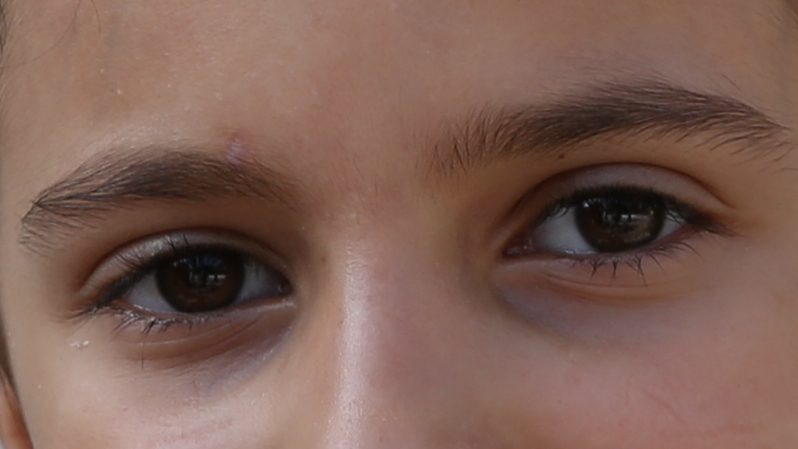If we think somewhat about the relationship between Migration and Civilisations, the question arises: what or who are we talking about?
In a rather fundamental way, in view of current assessments, be they biological, genetic, anthropological..., a consensus emerges: that of the uniqueness of each human journey.
Therefore, is it still possible to speak of civilisation(s)? On what "unitary" or "unifying" basis would our human diversities, made up of the crossbreeding of our spatio-temporal migrations (among others), still be agreed upon? It is not about falling hopelessly into an all-embracing relativism, but, on the contrary, returning to what our "common habitat" is.
The challenge which then appears is, in a way, to free ourselves from this transhistorical desire to try to become one at all costs, to associate individuals "by force" in the name of some very debatable (and debated) notions: nation, population, identity, group... Shall we dare to move away from a priori categories (including the all too famous "migrants" versus "civilised people" in the face of "barbarians")? Will we (you, me) dare to free ourselves from the "sociological-political" weight of an Academy that defines the individual as attached to a group?
In a way, according to Josefa's vision, without turning it into a truth or a dogma, it could be, certainly risky, but invigorating, to think of a first step, namely that of considering our migrations (each time, individually, unique) as an evolutionary deployment of our civilisations. A second step would be to question the very notion of "civilisation": is it an end or a means? A cause or an effect? A status or a process? Here again, the challenge, or the will, could be to seek to free ourselves from the "shackles" that reduce the possibility of receiving and offering, each in our own way, our share, our unique share, of our common Habitat.
So that, looking towards the upcoming future, our common Habitat in which we live as unique individuals is not about the out-and-out defence of one civilisation (culture, religion or other modernities) and an inevitable clash against another civilisation, but how "civilisations" interact with one another openly: our migrations are civilisations and thus form the basis of our common Habitat in perpetual construction according to each new entry (or disappearance) of a unique living being, especially a human being. To each, meaning is given.
Gilbert


